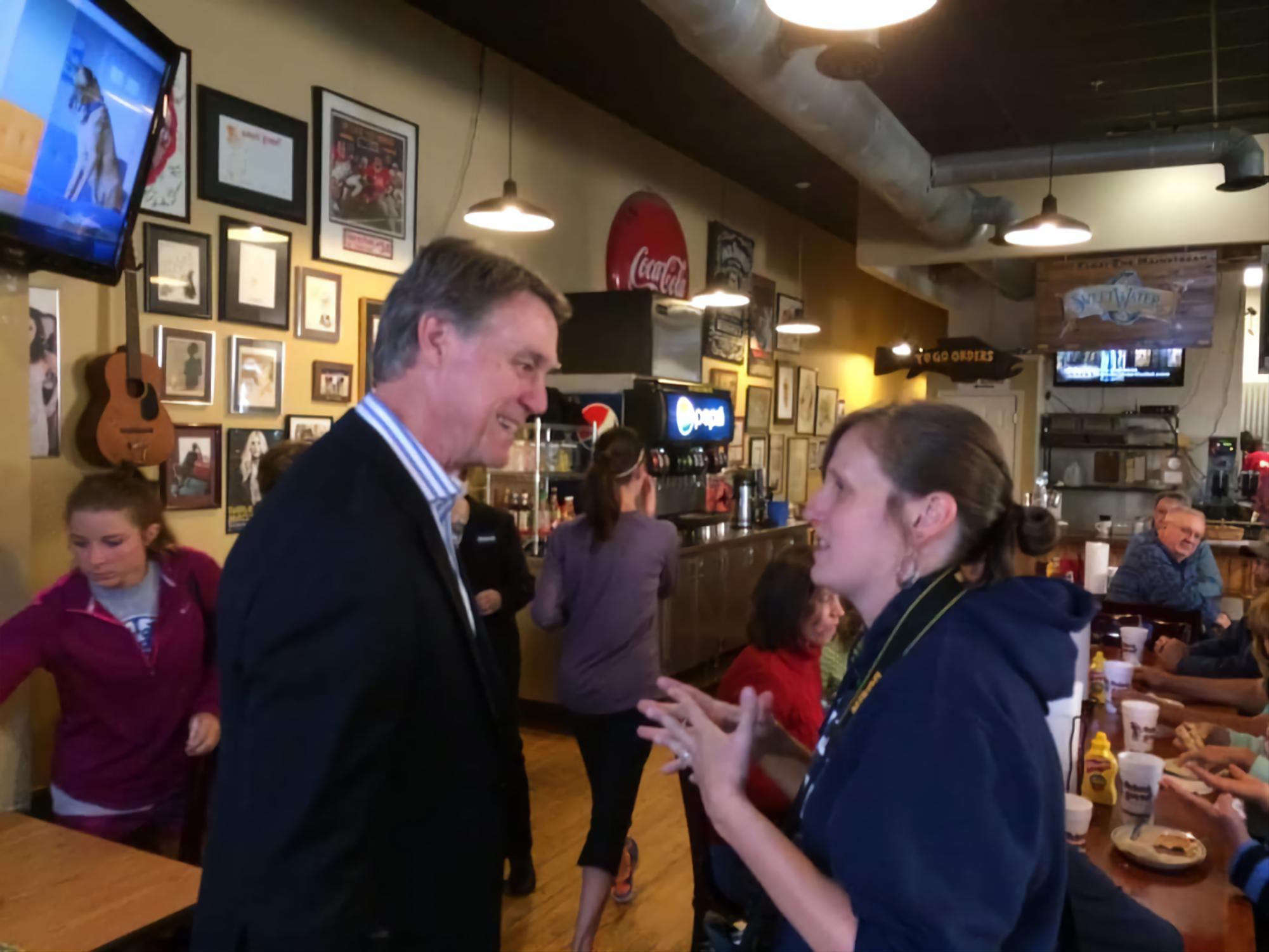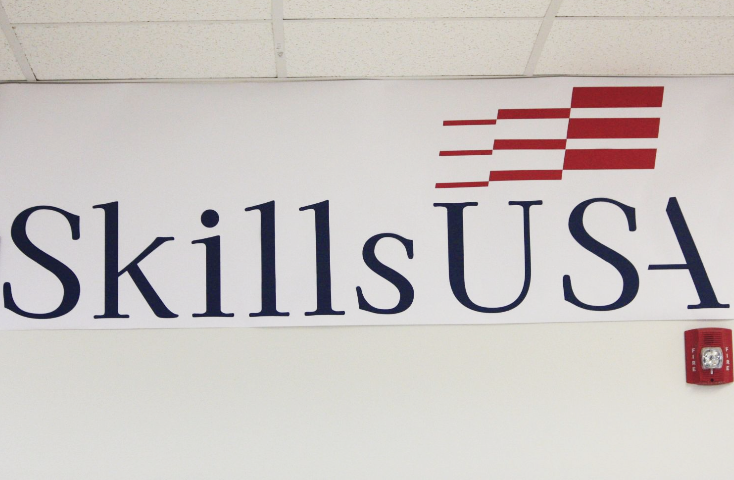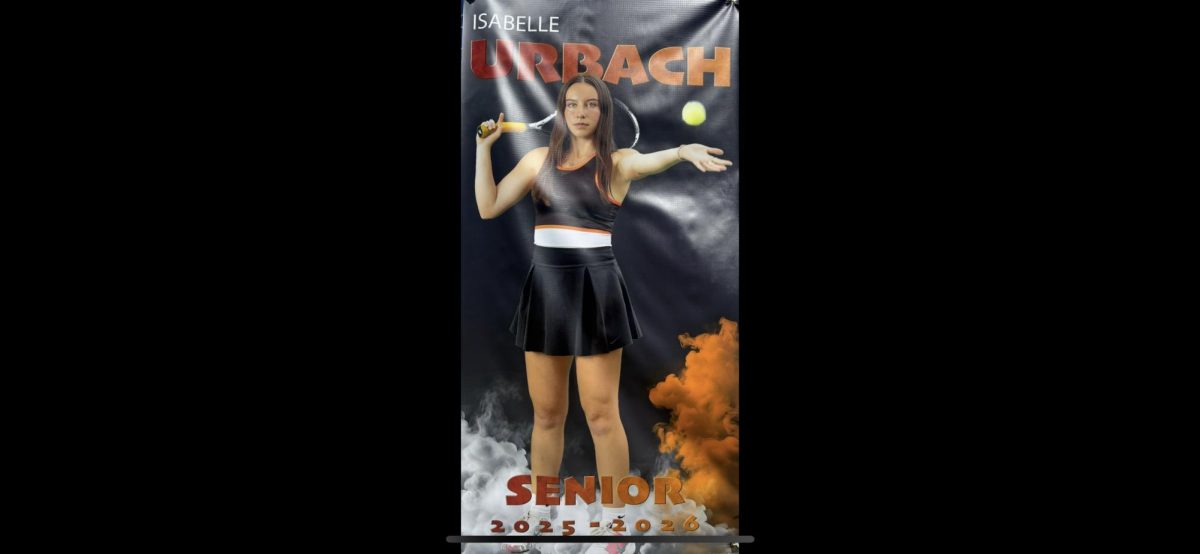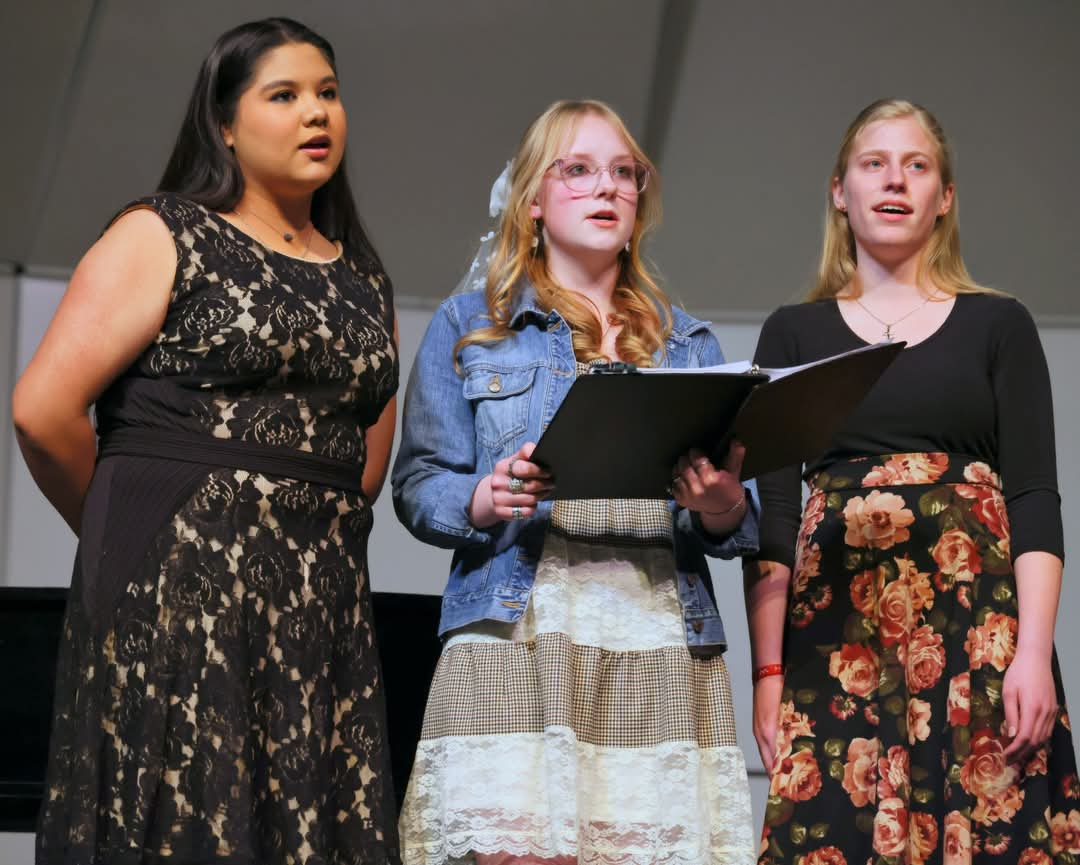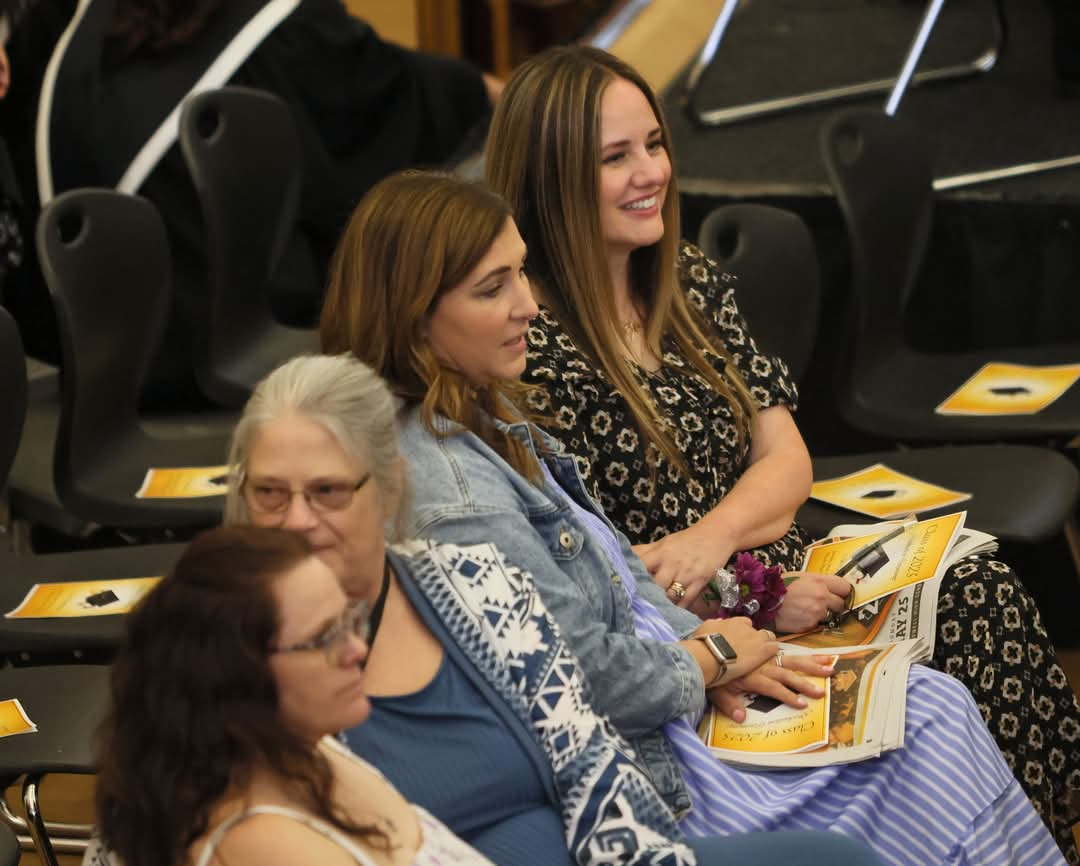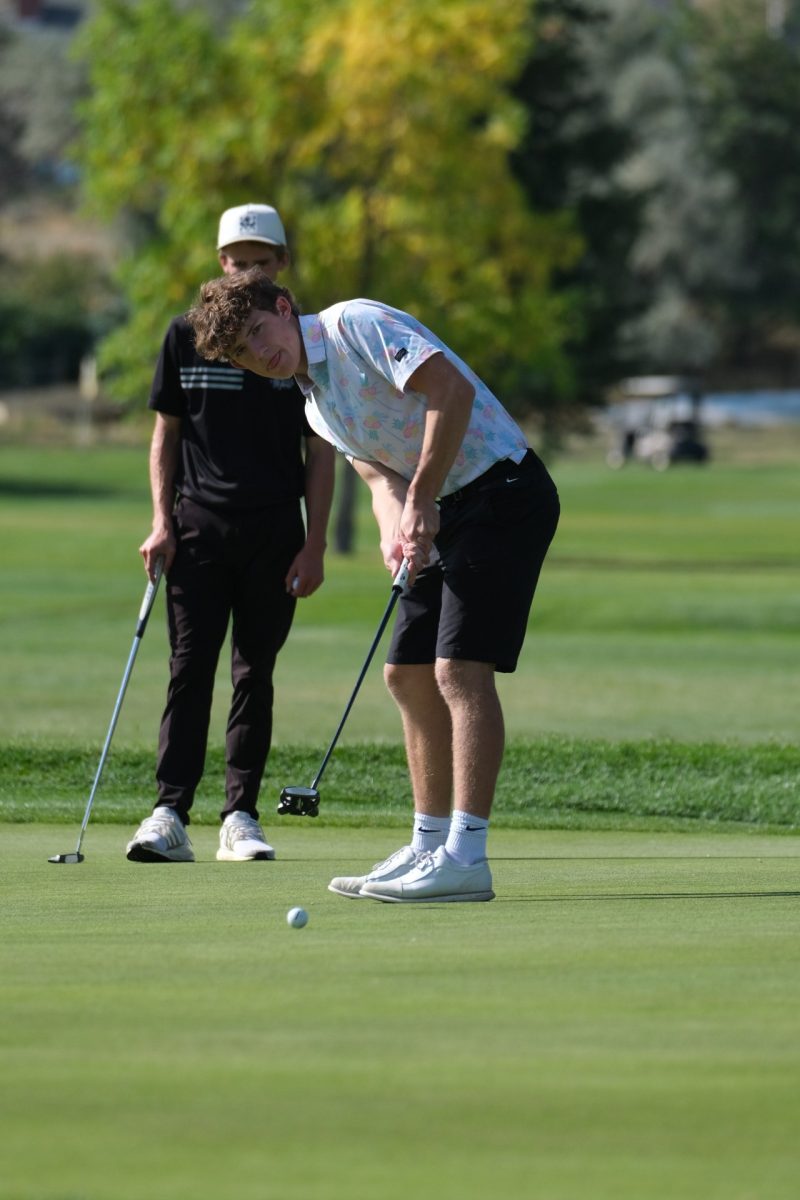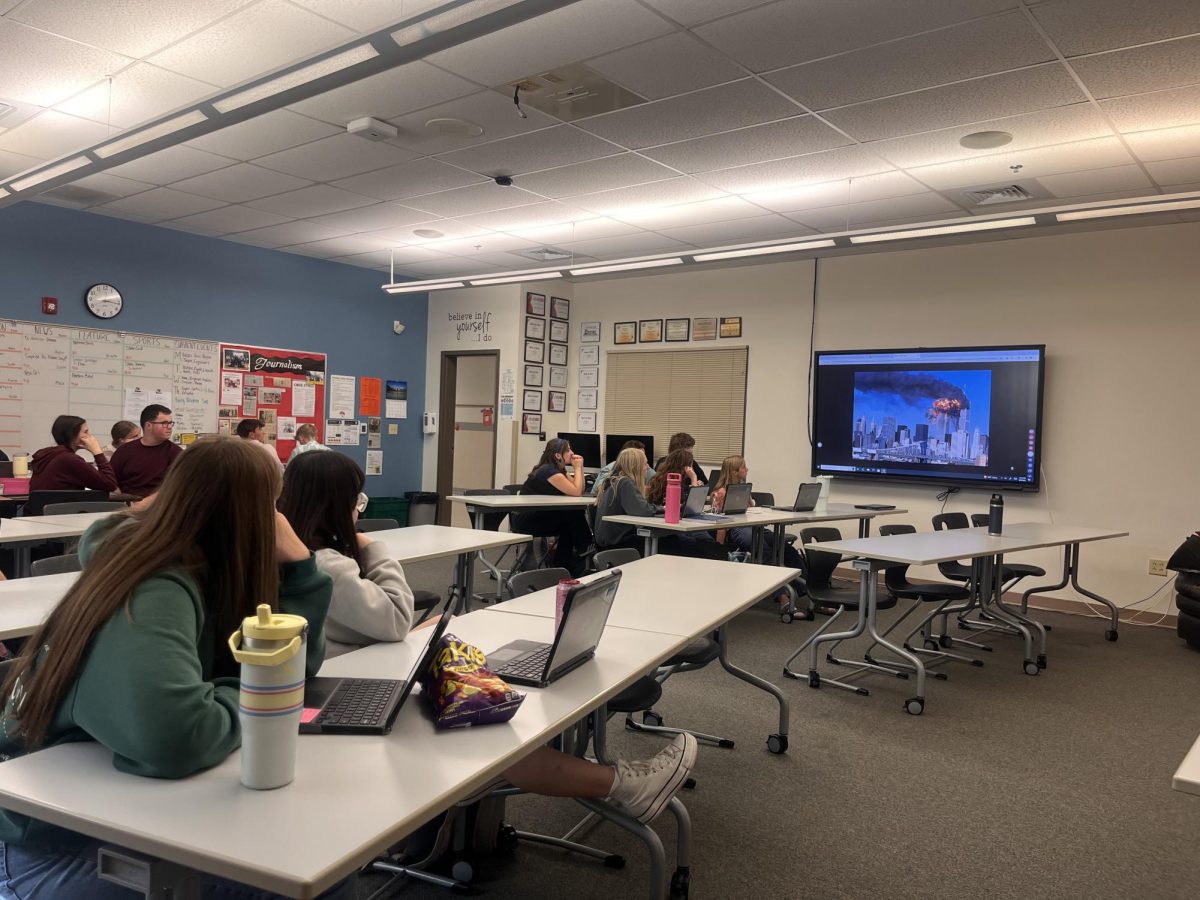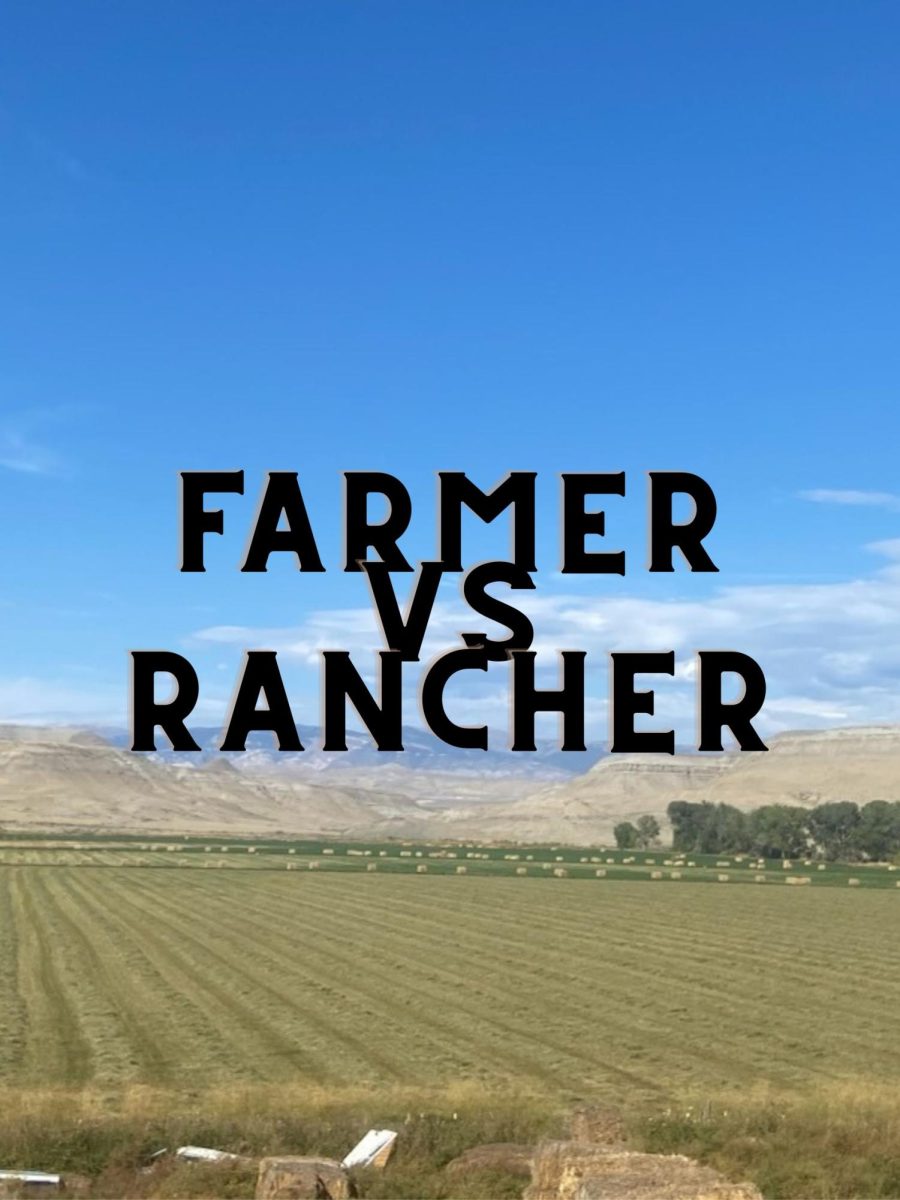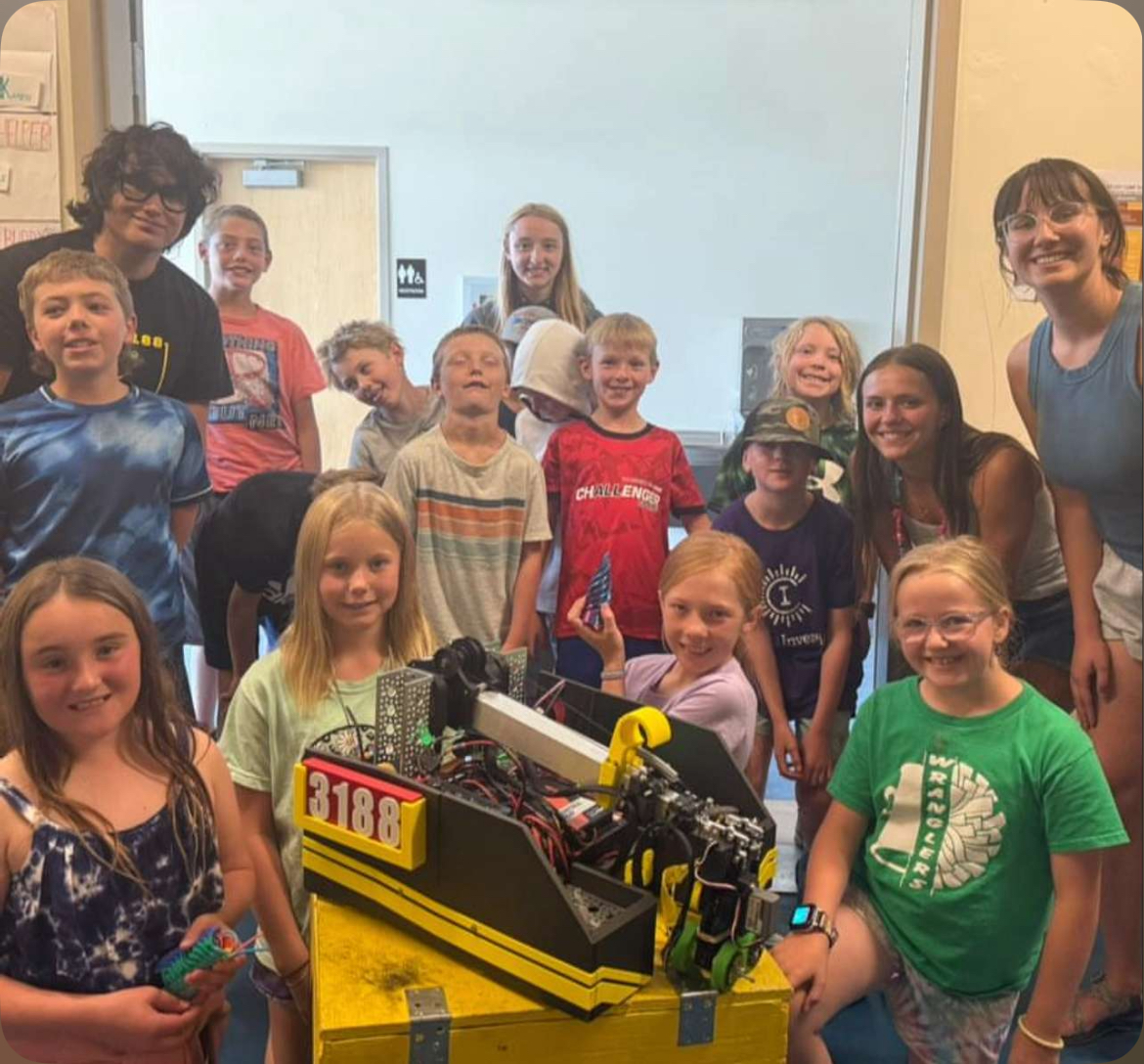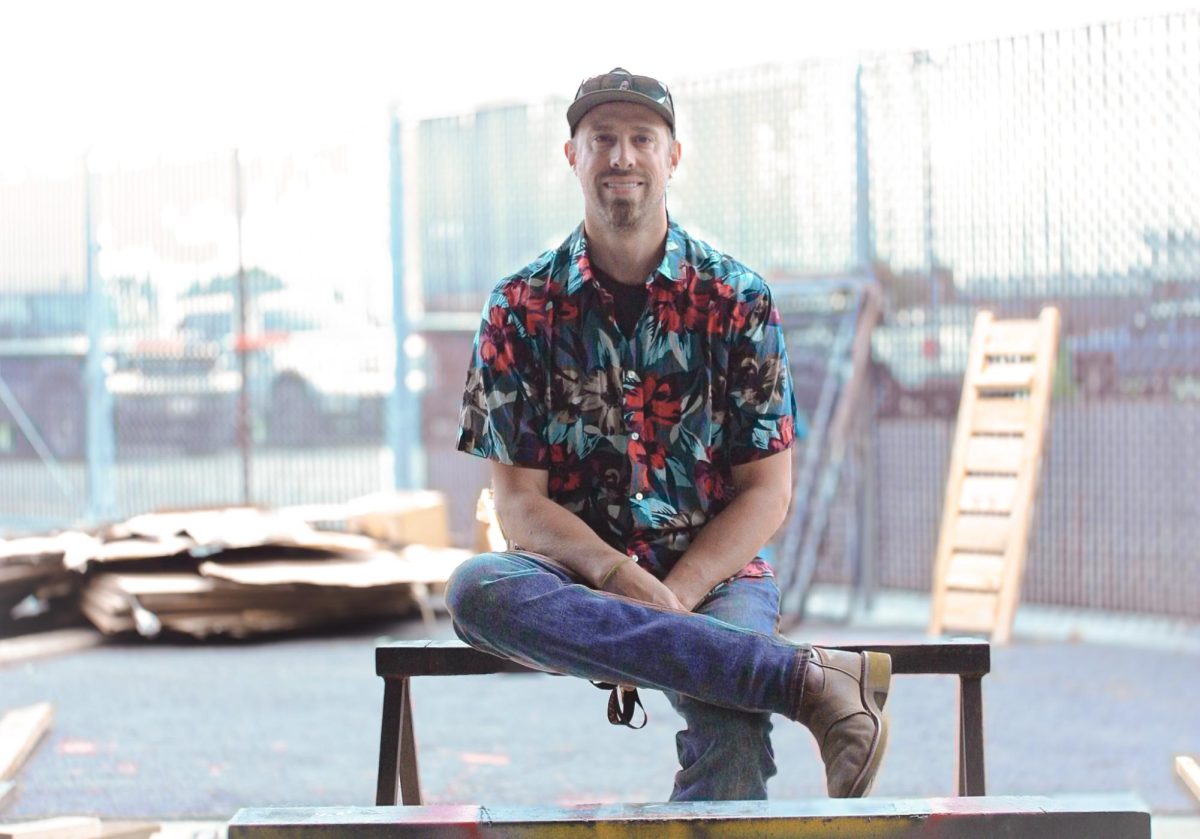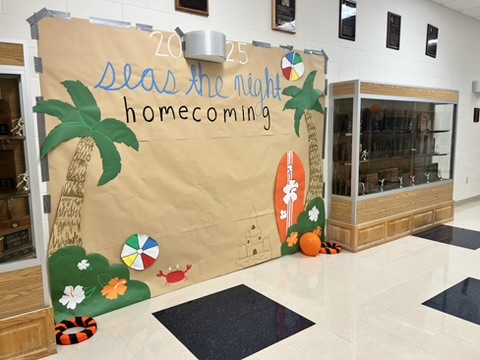At the start of the 2024 school year, there are a few new additions to the school staff. Celia Goodyear, a retired journalist, joined the Powell High School community as a para. Celia offers advice and stories from her decade of experience in the Journalism field.
Question [Q]: What drove you to pursue journalism?
Answer [A]: My 11th-grade English teacher, who I’m still friends with today, told me, ‘you should go to journalism school.’ I’d gone to college and done one thing, didn’t really like it, was trying to figure out what to do next and she said, ‘You should go to journalism school,’ so I did.
Q: Where were you in your career when 9/11 happened?
A: I was actually in college, I was a junior, and I wasn’t in journalism yet. I was working at our student radio station. It’s a production director and when September 11 hit I had actually gone in early. I was in Ohio, I had gone in early to get some stuff done because our school year was just about to start and I couldn’t get a hold of anybody at the station. I went in and it had happened, and we worked hard to get it covered on the station and everything.
Q: What advice do you have for budding journalists?
A: It’s really hard to be a journalist today, but I would say you gotta learn to have a thicker skin because you’re going to hear complaints from people and everything. Also don’t let yourself become part of the story; if you go to journalism school, that’ll be a number one thing they teach you. Just try to be objective and proof read, proof read, proof read, and always double-check your facts because if you get something wrong or take it out of context, it could change the meaning of what you’re saying, and it could be wrong. Also follow the money. Every story can almost go back to follow the money. And really hold the elected officials accountable. Also be prepared not to make a lot of money.
Q: What differentiates a good journalist from a bad one?
A: A good one doesn’t do it for any awards or like the prestige of it. A good one just works with the community and gets their facts straight, just stays unbiased. You’re always gonna be biased, but you can’t let that drive what you’re gonna say and that kind of thing. A good one is someone willing to learn from your mistakes because you’re going to make mistakes; everybody does and it’s okay, just learn from it and move on and be willing to say when you are wrong.
Q: What is the best way to remain unbiased?
A: I would say what helped me a lot was looking at it as a perspective of if someone doesn’t know anything about what you’re talking about, but they could read it and just get the facts, stick to the facts, don’t editorialize. That’s a big one, it’s so easy to do. Work with the editor; have them read it for you and just, you know, ask if this sounds biased, does this one not. Your editor is going to be your best friend. Their critics and stuff against you aren’t against you personally; they’re there to make the story better, make the paper better. Focus on the facts, assume the person reading it doesn’t know anything about what’s going on, and then ask your editor to read over it a few times to make sure it’s not biased. It’s hard because you’ll say something and you don’t realize it’s editorializing.
Q: What is one of your favorite stories you reported on?
A: I was working in Nevada for a paper in Boulder City, and they had just finished this rail line to where the train could go all the way to Henderson, which is really only a few miles away. That was a lot of fun because everyone was happy about it. There were a lot of people there, I got to meet the governor. Everyone was just really happy. I liked writing things that people were happy about.
Q: Anything else to add?
A: If you’re gonna be a journalist, it’s a lot of hard work. You’re going to get grey hair, but it’s still very meaningful work. I’m out of it now but it’s still a decade of the most meaningful work I ever did.
Here is a link to one of Celia’s favorite stories.



